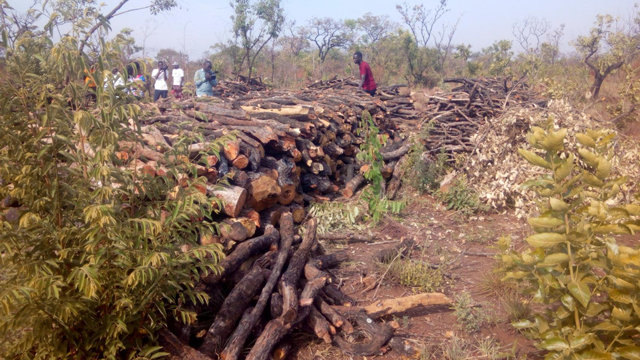Judiciary’s role in environmental decline
Access to justice is an essential component of decision making, omission of which will lead to environmentally damaging consequences.

Op-Ed: In the recent decades, Uganda has experienced various environmental challenges including displacement of people due to large scale industrial projects, deforestation, pollution and the threat to climate change.
Considering that these challenges haven’t been duly addressed, they have given rise to poverty, global warming, health risks and extinction of species among others.
Climate litigation continues to gather pace as it is increasingly used as a means to enforce climate commitments and hold governments and cooperates to account.
With the courts of law being the main institutions that enable proper implementation of law, they are a mechanism through which persons can seek redress in the case of environmental destruction.
Access to justice is an essential component of decision making, omission of which will lead to environmentally damaging consequences.
The role of the judiciary is paramount in ensuring environmental protection. Despite that, various cases filed against the government and private entities by individuals and CSOs regarding environmental degradation remain in court over a prolonged period of time with no justice while others are withdrawn prematurely. An example is the Bugoma forest appeal case that AFIEGO and partners filed in 2021 to protect the forest from sugarcane growing, land grabbing and oil challenges, the case has recently been withdrawn due to failure to conclude hearing.
Another example is the ‘Tsama William and 47 others’, a case that has been pending since it was filed in 2020 following their displacement by the Bududa landslides in 2019.
There has been continued failure to enforce laws, resolve disputes, protect rights and slow justice regarding these cases in the courts of law even though the constitution of the Republic of Uganda provides that “justice shall not be delayed”.
Delayed justice among others outlasts the energy and finances of affected parties and local organisations. Slow justice perpetuates and exacerbates slow violence, influences the movement of resources, intensifies internal conflicts and demobilizes supporters.
It also leads erosion of public trust in legal systems and increase in long term costs for managing the effects of environmental degradation.
Failure to enforce laws leads to increased pollution, loss of biodiversity and public health risks. Judicial failures, therefore, need to be addressed to ensure support for the implementation and advancement of environmental protection measures.
The author Ainembabazi Vivian, a concerned citizen
Disclaimer: As UG Reports Media LTD, we welcome any opinion from anyone if it’s constructive for the development of Uganda. All the expressions and opinions in this write-up are not those of UG Reports Media Ltd. but of the author of the article.
Would you like to share your opinion with us? Please send it to this email: theugreports@gmail.com.






